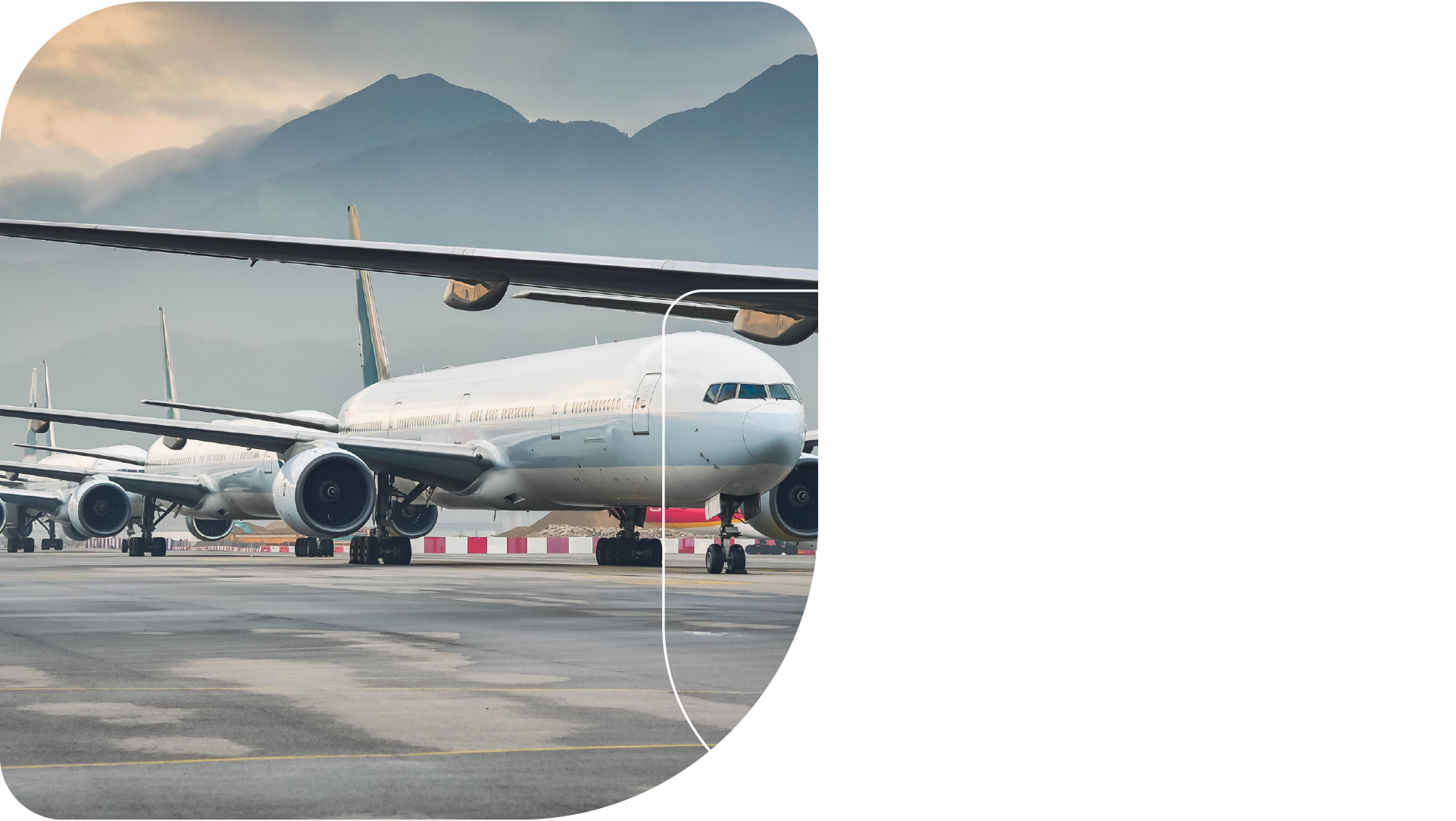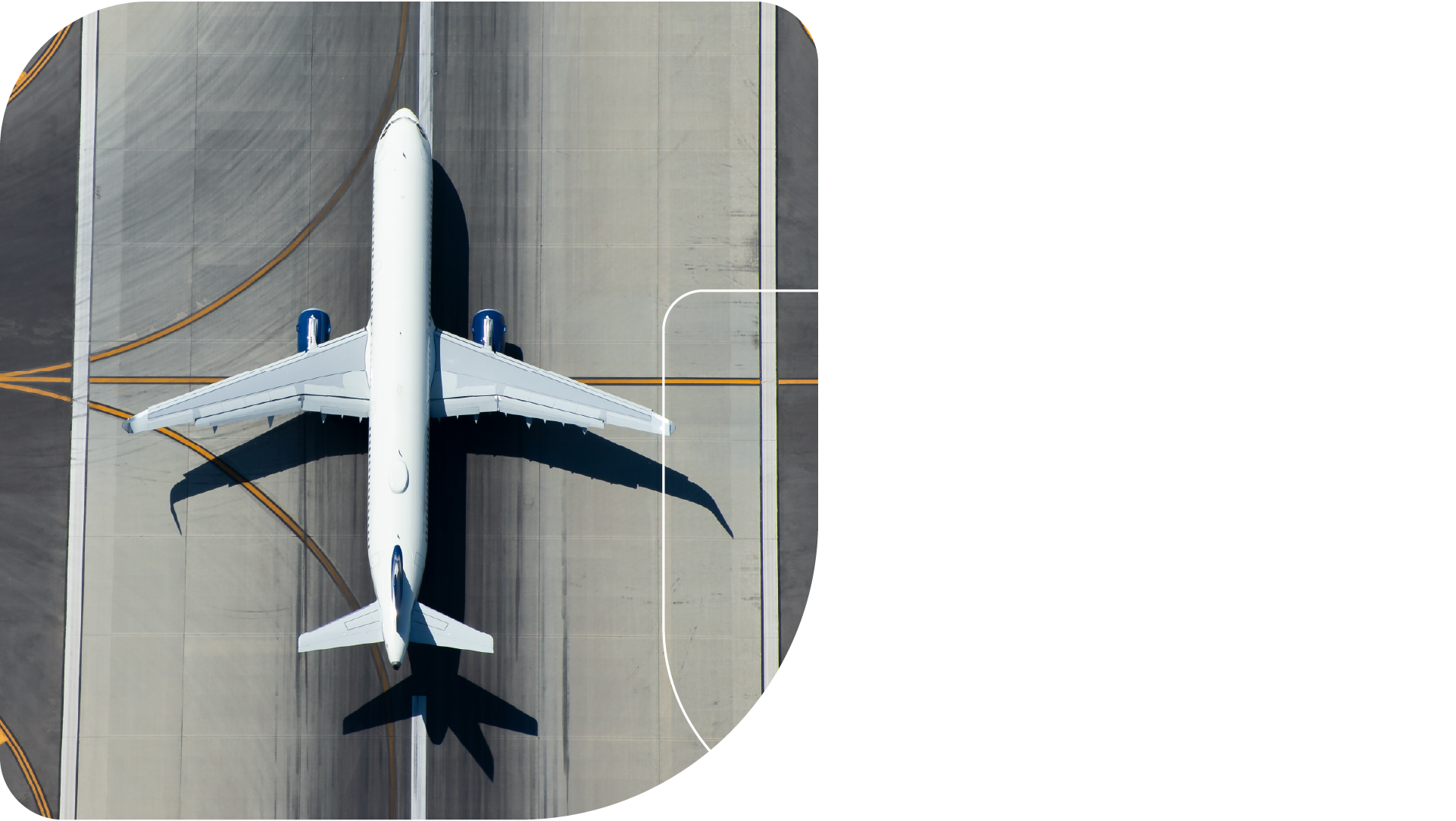PRICED OUT?
Can travel managers revive the lost art of negotiating airline discounts at a time when carriers are seemingly less inclined to cut a deal?


Travel managers are often referred to as “buyers”, but it may be time to drop that synonym, at least when it come to air travel. Only 16 per cent of around 200 travel manager respondents to the UK and Ireland’s Institute of Travel Management Buyer Priority Results 2025 survey plan a full RFP tender with airlines this year. Compare that figure with 47 per cent planning full accommodation RFPs and 25 per cent travel management company RFPs.
Shrinking interest in negotiating lower fares may seem strange given that budget control is the number one priority for travel managers for 2025, according to both the ITM survey and another report by Business Travel Show Europe. But it could signal travel managers’ realisation that their time would be better spent elsewhere, since airlines are awarding both fewer and smaller discounts to corporate clients.

“Airlines are generally less keen on the corporate market as they still seem to enjoy robust leisure demand,” says a Europe-based travel manager for a major bank, talking to BTN Europe on condition of anonymity. “That in turn leads to lower discounts offered for corporates.”
They continue: “While this might be novel for some travel buyers, it is hardly anything unheard of. IT buyers had to cope with this for years when manufacturers shifted capacity to end-consumers or data centres. I can find every item in our stationery catalogue cheaper on the net too.”
According to Louise Miller, corporate travel practice lead for consultancy The Garner Network, a strange reversal has taken place in airline/corporate relationships. “Before the pandemic, airline deals were highly customised for the larger corporates, and small and medium enterprise deals were basic and not very robust,” she says.
“Now it’s the opposite. Airlines are launching robust business programmes on their websites with lots of perks that SME clients didn’t get in the past, while, other than a select few, medium-to-large clients don’t have as much customisation and coverage as they used to.”
Miller continues: “It’s because airlines are sceptical that policies and discounts drive behaviour in corporations without mandates. They see that traveller loyalty is the number one driver of business travel and it’s less evident to them that the corporate is able to drive share based upon a deal. They believe travellers are making the decisions, not the employers.
“The conversation [that airlines hear from corporates] has shifted from ‘I need your best deal because I’m one of your top customers’ to ‘Put your deal in front of my travellers. They’re going to choose. Unless your deal is competitive enough, you’re not going to get the share’,” says Miller.

"When there was more spend pre-pandemic, there would be more carve-outs, more fixed fares and more aggressive discounts"

While airlines’ faith in corporate clients is dwindling, their confidence in the sophistication of revenue management tools to obtain the best financial return per seat is growing. “Artificial intelligence is turbocharging airlines’ segmentation of their customer databases to create dozens of micro-segments and then offer deals to each of those micro-segments to improve their conversion rate and yield,” says Alessandro Cianciamino, vice-president of airline distribution for travel technology company Sabre.
Thanks to better yield intelligence, carriers are realising they can reduce discounts to corporate clients. Miller is seeing airlines tighten up across the board, but especially on routes where they dominate or have a monopoly, and in some cases they are eliminating discounts on these non-competitive routes entirely.
Buyers can also expect airlines to spend far less time negotiating with them. “What we’re seeing most is simplification,” says Amy Rayca, global air practice line lead for American Express Global Business Travel. “When there was more spend pre-pandemic, there would be more carve-outs, more fixed fares and more aggressive discounts. Now we are seeing more network, systemic terms, lesser discounts and fewer fixed fares.
“There is still value in negotiating. Airlines are still coming to the table but in fewer rounds. In joint-venture agreements especially, more frequently the first round is almost best and final, with very minor tweaks in the second round,” says Rayca.
"Airlines are still willing to come back to the table if a client will limit the number of airlines in the programme"
Carriers are clamping down on corporate promiscuity as well. “Clients are still trying to balance multiple airlines,” Rayca adds. “Whether that is sustainable with reduced spend is something we look at. Stricter targets might be difficult to achieve with too many carriers in the programme, when historically maybe clients could support three joint-ventures and multiple global airlines. Airlines are still willing to come back to the table if a client will limit the number of airlines in the programme or suppress airlines on certain routes.”
In terms of how deals are structured, “airlines are still very focused on market share or volume commitments” is the view of the bank travel manager. But, says Miller, “just negotiating deals isn’t the way of the future. It’s programme management through marketing and communications. Airlines are fixated on demonstrating programme marketing.”
Rayca agrees. One example cited by both her and Miller is carriers wanting to see how their fares will be displayed inside the client’s booking tool. Will the airline be promoted as a preferred carrier and listed above other carriers? Airlines are also setting targets for signing up the client’s travellers to their frequent-flyer programmes and even for downloading its mobile app, says Rayca.

Other potential innovations in what might be included in corporate agreements are proving slower to materialise. There has long been speculation that airlines will award more generous discounts to clients who book through New Distribution Capability-standard channels, but “this has not yet filtered through to contracting for us or most of our peers we talk to,” the travel manager reports. Miller and Rayca likewise are not seeing distribution differentiation in corporate agreements.
Nor, even in 2025, is there much evidence of NDC providing a channel to distribute customised fare-plus-ancillary item packages for corporate customers. “We have had some discussions on non-fare benefits – status cards, lounge vouchers etc – but these are still way too manual and airlines don’t seem prepared to roll this out at scale,” says the travel manager.
It was precisely this kind of tailored offer which was touted as a benefit of NDC when the International Air Transport Association launched the standard back in 2012. Yet “very few airlines are using NDC to create offers dynamically or in real time,” says Sabre's Cianciamino. “You are putting at risk revenue if you put the wrong offer in front of the customer. You need to be comfortable with the technology you have to create offers that are compelling.”
"On some routes the corporate deal will be the best; on others your discount will be zero and the NDC fare will be lower"
Although NDC is not delivering customised fare packages, it is delivering cheaper fares than traditional distribution pipes. Consequently, warns Miller, “You need both. On some routes the corporate deal will be the best; on others your discount will be zero and the NDC fare will be lower.”
Unfortunately, Miller adds, there will be situations where, even with a discount, the negotiated corporate fare will be higher than the public NDC fare that the traveller sees on the same booking tool, or finds on the airline’s website. However, the comparison may be unfair as the corporate fare is likely to be less restricted. In such cases, even the smallest discount may help avert complaints from the 10 to 15 “Einstein” travellers per week that one travel manager says are sending pricing complaints to him.
Or maybe not. “There will always be a cheaper offer somewhere on the internet,” says the European bank travel manager.








